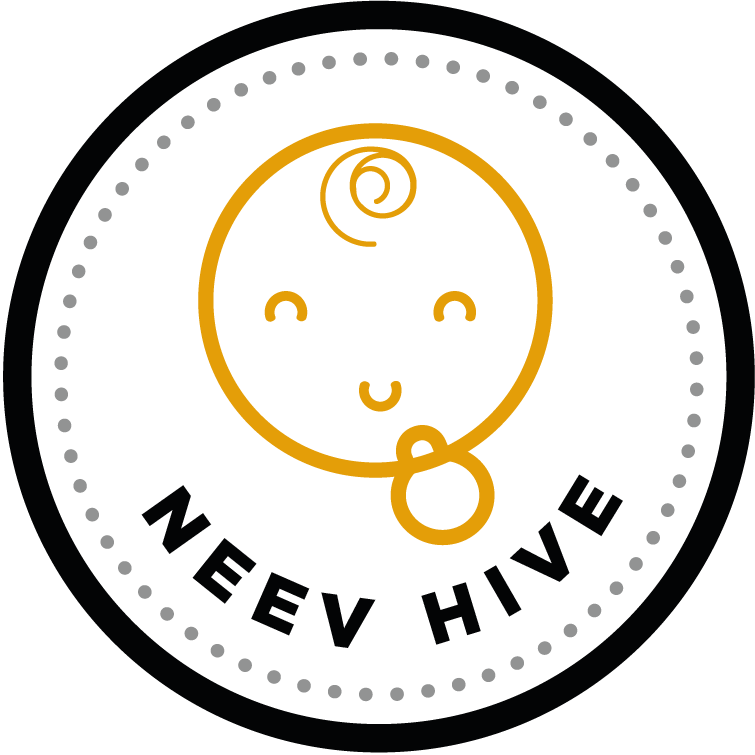Are you ready to drop night feeds and sleep through the night?!
The good news is your baby is capable of sleeping longer stretches from quite early on, we just need to give them a gentle hand in the right direction.
So firstly, let’s look at how many night feeds are appropriate for each age:
Newborn (0-3m) – At this age, especially during the first 6 weeks your newborn will wake several times a night to feed. They only have very small tummies, so they need to be fed more frequently.
As long as your baby is healthy & thriving and having good feeds during the day by 6-8 weeks old, they have the potential to start going longer stretches of 5-6 hourly between feeds at night. There are things we can work on together to help your baby achieve this.
4-6 months – If your baby is formula fed, weighs more than 6.5kg, feeds well during the day and are healthy and thriving, we can encourage your baby to go through the night with just one night feed.
Some breast-fed babies have the ability to do so too, especially if healthy sleep habits have developed from birth and they are able to link their sleep cycles without any assistance from you. However 2 night feeds is normal for a breast fed baby who hasn’t yet started solids.
6-8 months – The majority of babies whether they are breast or formula fed and have started solids have the ability to sleep through with just one night feed or no night feeds at this age.
9-12 months – As long as there are no health or growth concerns you can be confident your baby can go through the night with no feeds at this age as they can take in all their calories and nutrients during the day.
A key sign to look out for is how hungry is your baby for their first milk feed of the day. If they have no appetite or not overly interested in a big milk feed at 7am, they are more than likely taking in too much milk in the night, you can therefore be confident to start reducing down and dropping night feeds.
So how do we drop night feeds?
Step 1: Help your baby learn to self-settle and resettle themselves
From 3-4 months old your baby has the ability to self-settle and resettle. This is key for your baby to be able to link their sleep cycles (which are 2-4 hourly overnight) and therefore sleep for longer stretches or through the night.
To help your baby learn to do this, we need to give them the opportunity to do so. If we are feeding every time they wake, they are not going to be able to learn to go back to sleep on their own.
We would instead use a settling method either in the room or leaving the room to give your baby some space. I also recommend waiting a few minutes before responding straight away to your baby overnight, you never know they may surprise you!
Step 2: Drop one feed at a time
If you have a baby under 9 months, it’s best to drop one night feed at a time rather than multiple feeds at once.
If you have an older baby or toddler, you can drop more than one feed at a time if you feel comfortable doing so.
Step 3: Gradually reduce how long they are feeding for or push the feed towards 7am
For a formula fed baby, you can gradually reduce the amount of milk you offer them in their bottle or for a breastfed baby, gradually reduce the length of time you are feeding them for each night.
Or you can slowly push the timing of their bottle or breast feed towards 7am.
If you are struggling with dropping night feeds and your baby or toddler is not sleeping through the night yet and this is something you would like to achieve, I can help you by putting a plan in place tailored to your child.
This will also include a night time plan. You’ll know when to feed, when not to feed and exactly how to drop these feeds in a way you will feel comfortable with and is appropriate for your baby.


